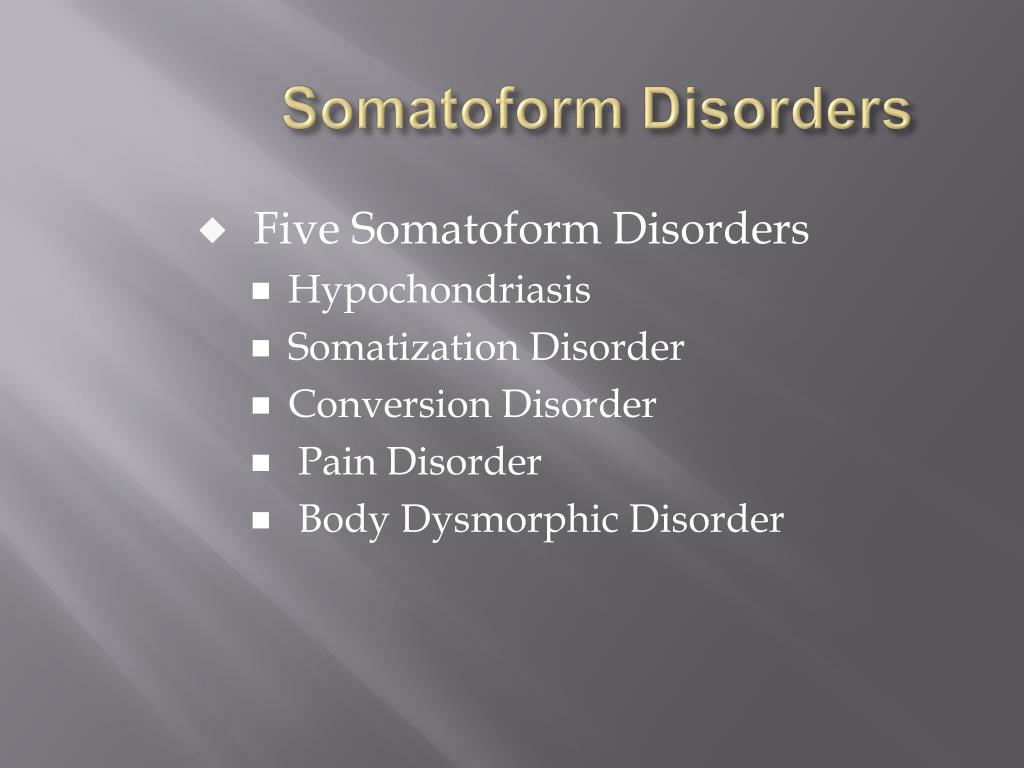

Results: Mean age of the participants was M = 58.5 years (SD = 12.8), and 64.6% were men. The hierarchical multiple linear regression analysis was used to identify factors independently associated with FoP.

Furthermore, a structured clinical interview was conducted for the assessment of anxiety disorders. Depressive, anxiety, and somatic symptoms were measured with modules of the Patient Health Questionnaire. Patients filled out the FoP Questionnaire (FoP-Q), the Worry Domains Questionnaire (WDQ) for the assessment of daily worry, and the Penn State Worry Questionnaire (PSWQ) for the assessment of pathological worry. Methods: This is a cross-sectional study that includes 328 hospitalized patients with cancer. This study aimed at investigating the associations among daily worry, pathological worry, and FoP in patients with cancer. However, worry can also become pathological appearing as a symptom of mental disorders. Actually, to worry is a common cognitive process that, in its non-pathological form, belongs to daily life. 2Institute of Psychiatric and Psychosomatic Psychotherapy, Central Institute of Mental Health Mannheim, University Medical Center Mannheim, Mannheim, Germanyīackground: Fear of progression (FoP), or fear of cancer recurrence (FCR), is characterized by worries or concerns about negative illness-related future events.1Department of Psychosomatic Medicine and Psychotherapy, Klinikum rechts der Isar, School of Medicine, Technical University of Munich, Munich, Germany.Andreas Dinkel 1 *, Birgitt Marten-Mittag 1 and Katrin Kremsreiter 1,2


 0 kommentar(er)
0 kommentar(er)
